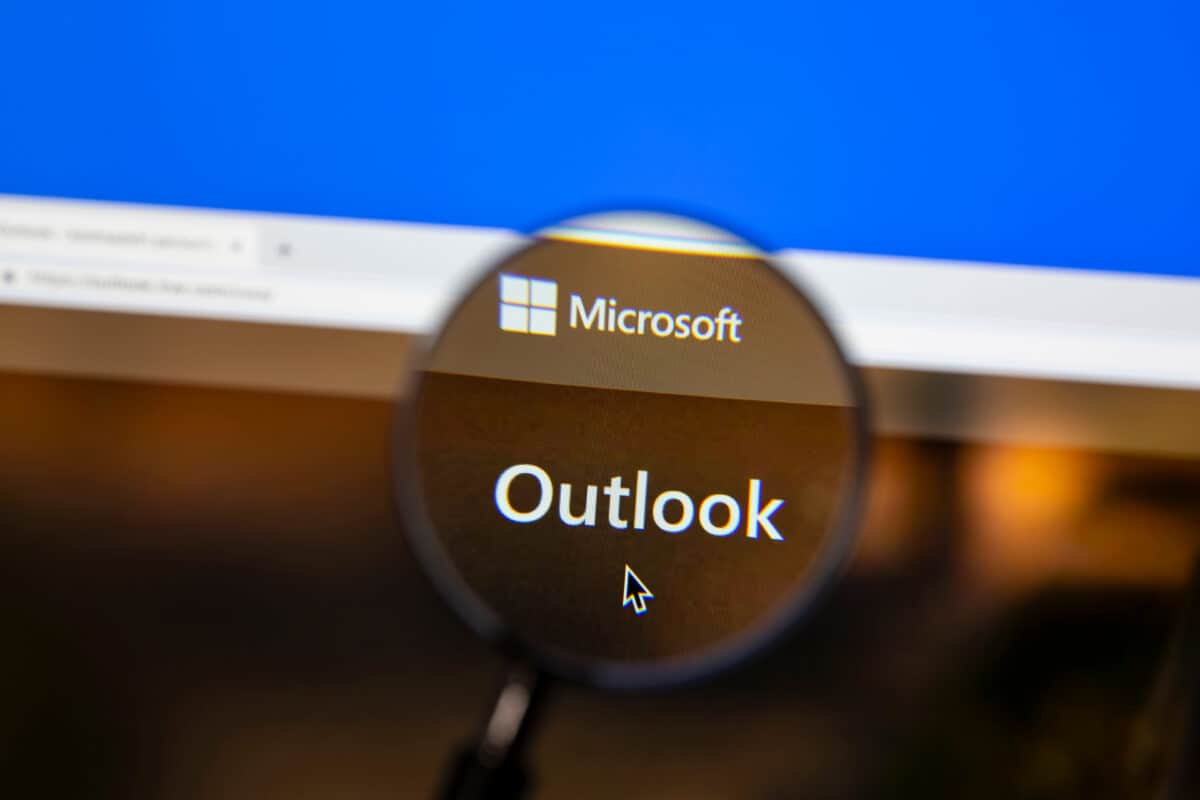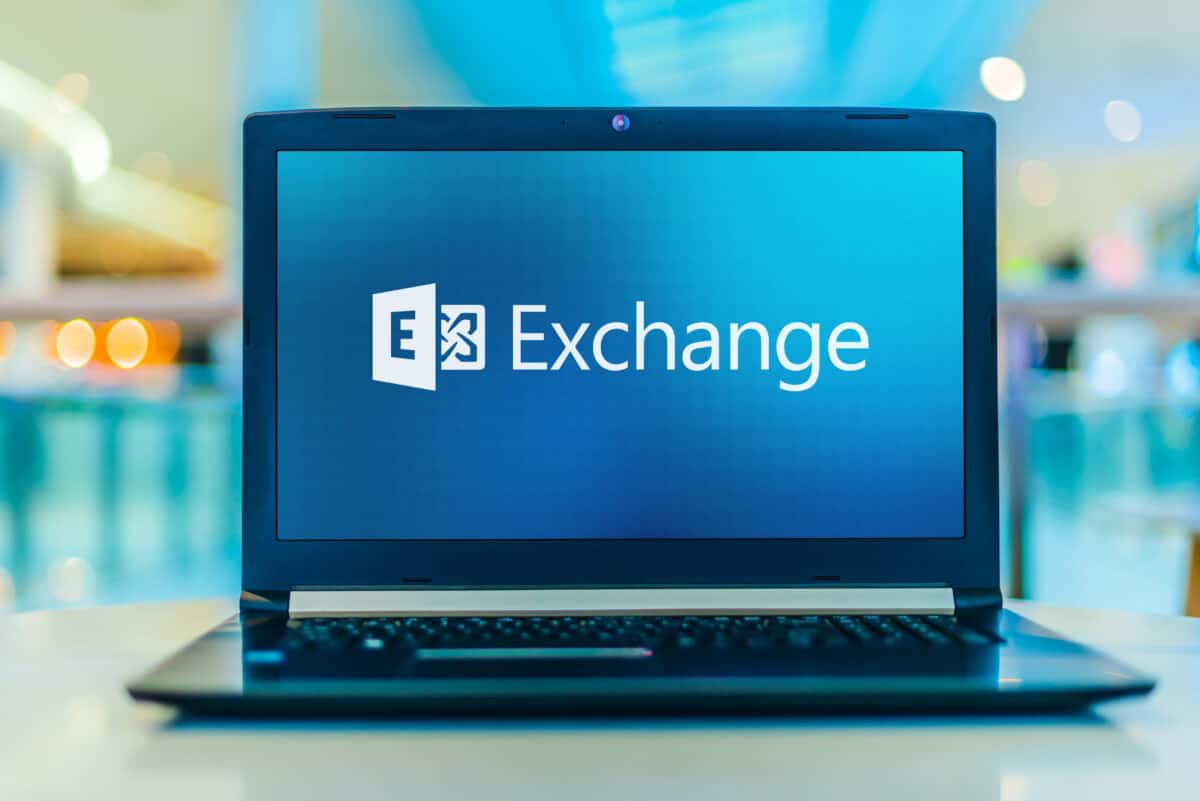
© oatawa / Shutterstock.com
Email has become indispensable to modern communication, helping bridge distances, establish businesses, and develop personal relationships. Email clients provide users access to manage and send emails, while email servers serve as invisible powerhouses that ensure these messages reach their intended recipients.
Understanding the differences between email clients and servers is integral to digital communications. It broadens your horizons and enables you to tailor email experiences to personal needs and preferences. This comparison highlights these distinctions, outlining the roles and functions of the email client and server.
Email Client vs. Email Server: Side-By-Side Comparison
| Feature | Email Client | Email Server |
| Main Function | Access, read, and compose emails | Store, process, and manage emails |
| Typical Users | Individuals and businesses | Businesses and service providers |
| Installation | On the user’s device | On server hardware or in the cloud |
| Examples | Microsoft Outlook, Thunderbird | Microsoft Exchange, Postfix |
| Security | It depends on the user’s device | Managed by server administrators |
| Customization | User interface and preferences | Mail protocols, storage, and rules |
| Maintenance Responsibility | End-user | Server administrators |
Email Client vs. Email Server: What’s the Difference?
Let’s examine four significant distinctions between email clients and servers — each in its spotlight:
Functionality and Purpose
An email server and client both play essential roles in digital communication. Think of your email server as the equivalent of a post office that operates 24/7: taking in messages, sorting them carefully, and sending them to their intended addresses across the digital landscape, never stopping until all recipients have their messages delivered successfully.
Conversely, your email client acts like your personal mail carrier. The software you interact with on your device to access and manage email, deliver incoming mail, and take outgoing messages to the server for processing and storage. Your email client provides a user-friendly interface for drafting, sending, receiving, and managing electronic correspondence while serving as the logistical hub.

©IB Photography/Shutterstock.com
Ownership and Control
Email servers fall under the jurisdiction of your service provider, who oversees, manages, and maintains these technological behemoths. They ensure servers remain up-to-date, secure, and capable of handling daily email traffic. As users, we can take comfort in knowing these technical obligations have been taken care of and focus our efforts solely on crafting messages instead.
Email clients give us more control and customization than servers. They are personal tools tailored to each user’s unique needs and preferences. Whether we want to organize our inboxes, set automatic replies, or filter incoming mail, the power is in our hands to create the email experience we want. Color-coding labels and folder rules management help create an unforgettable email experience.
Security and Privacy
Security and privacy are of utmost importance in the digital realm, and this applies to emails as much as any other medium. Both your server and client play an essential part in protecting your messages. The former acts like a courier to transport them across the web securely using protocols like SSL/TLS to encase messages with an extra layer of encryption for safe passage through cyberspace.
Your email client acts as your bodyguard, safeguarding how messages are displayed and stored on your device and providing features that protect your privacy, such as end-to-end encryption that ensures only you and the intended recipient can decipher its contents; or perhaps password protection that offers another barrier against unwelcome access attempts.
While servers ensure messages reach their destinations safely, clients offer local protection of messages at the point of interaction to create a comprehensive shield of digital correspondence.
Scalability and Storage
Email servers and clients differ when it comes to scaling and storage capabilities. Email servers are designed to handle the massive scale of digital life, processing millions or billions of messages daily and storing them for various users across many networks — much like libraries cataloging books for several readers at once.
Unlike servers, email clients offer more personal experiences for one user or small groups of users. Their primary objective is not vast storage capacity but the ease of use and organization — like having a bookshelf where you can organize messages easily before retrieving them when needed. It presents your messages in an organized, manageable fashion, prioritizing communication experience over sheer data storage capacity.

©monticello/Shutterstock.com
Email Client vs. Email Server: 8 Must-Know Facts
- Email servers serve as digital post offices, receiving, sorting, and delivering your messages to their destinations.
- Email clients serve as your mail carrier, offering an intuitive user experience to manage all your correspondence.
- Email servers are designed to efficiently handle millions of messages daily, prioritizing scalability over durability.
- Email clients prioritize user experience by prioritizing ease of use and organization in your inbox.
- Your email server provider oversees and controls maintenance, such as updates and security.
- You can tailor your email client to your needs, from folder organization to email filtering.
- Both email servers and clients are responsible for protecting your emails, each playing an integral role in maintaining privacy and security.
- Email client and server form two halves of email infrastructure, each fulfilling its respective role to ensure seamless digital communication.
Email Client vs. Email Server: Which One Is Better?
The key to a successful email experience is not understanding which is better but understanding each’s role in the digital landscape. An email server provides the power behind email services, while the client is the user-friendly interface.
Imagine an email server as the post office and the client as your mailbox. Neither would exist without the other; each is essential in digital communication.
In certain circumstances, selecting one email client over another becomes crucial. For instance, web-based solutions like Gmail may be preferable if you frequently switch between devices and locations. On the other hand, local clients like Microsoft Outlook could be suitable if working from just one device and preferring offline storage of messages.
When selecting an email client, consider its interface, ease of use, security features, and level of customization it enables. Servers tend to handle most technical aspects for you while keeping in mind their reliability and security ratings.
Overall, email servers and clients are essential to your email experience. However, selecting an appropriate client can significantly enhance this journey by meeting your unique needs and working habits — a personal choice that can make email more efficient and enjoyable than ever!
Email Client vs. Email Server: What’s the Difference? FAQs (Frequently Asked Questions)
What role does an email client play in security?
Your email client is responsible for local security, including how your messages are displayed and stored – this may involve features like end-to-end encryption or local password protection.
What happens if my email server goes down?
When your server goes offline, neither receiving nor sending mail can occur until it is functional. Your email service provider is responsible for rectifying any problems on the server.
Is one better: an email client or an email server?
It’s not about which platform is better; each serves different but interdependent roles in digital communications.
How do I choose the right email client?
Consider factors like its interface, ease of use, security features, and level of customization when choosing an email client.
How does an email server handle storage?
Email servers are designed to handle and store an enormous volume of messages for multiple users simultaneously, emphasizing scalability.
https://history-computer.com/email-client-vs-email-server-whats-the-difference/






